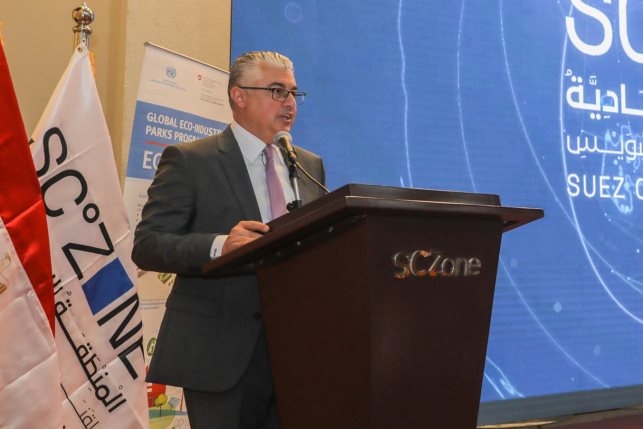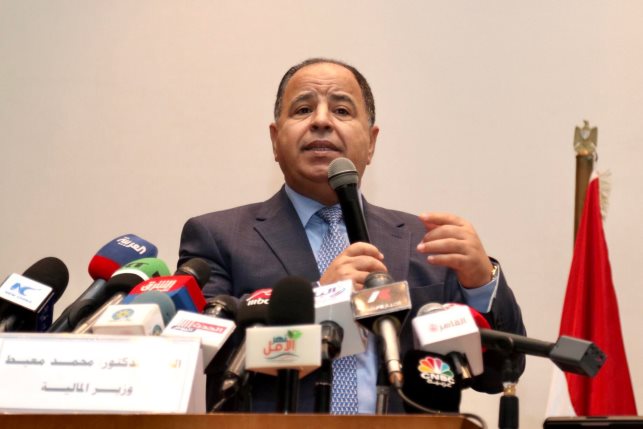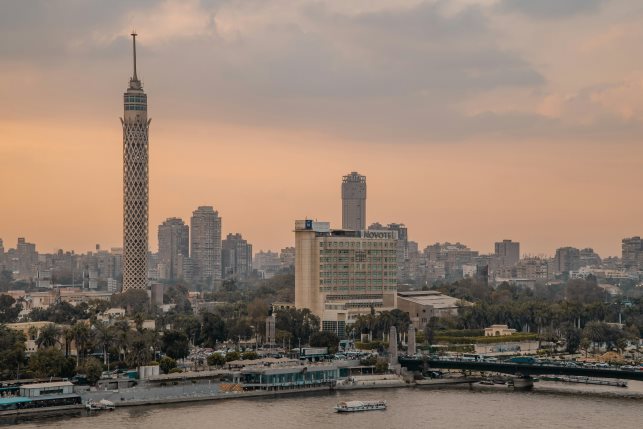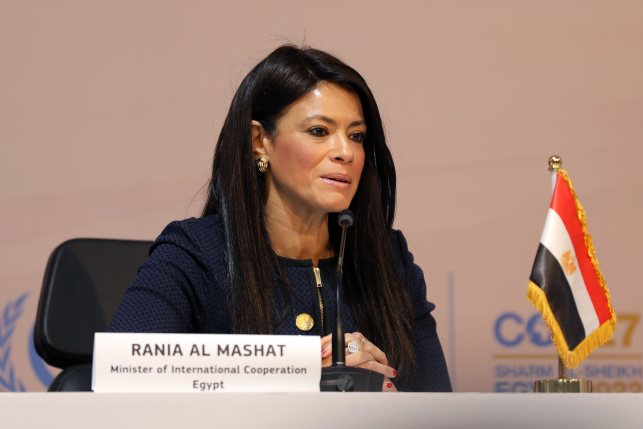MOICMin calls on international community to expand debt swap programs for climate action
This came in her participation in a high-level event organized by the International Monetary Fund (IMF) and the Economic and Social Commission for Western Asia (ESCWA), on “Debt Swap for Climate Action,”
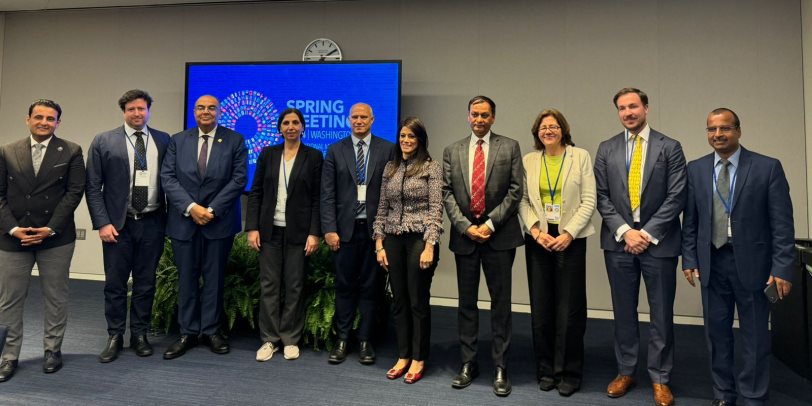
The Minister of International Cooperation, Rania Al-Mashat, has called on the international community to expand debt swap programs for climate action in a way that reduces financial burdens and enhances the trend toward achieving sustainable development goals.
This came in her participation in a high-level event organized by the International Monetary Fund (IMF) and the Economic and Social Commission for Western Asia (ESCWA), on “Debt Swap for Climate Action,” to discuss the debt swap mechanism based on climate-related programs and the implementation of Sustainable Development Goals (SDGs), as a tool to enhance countries' fiscal space to expand investments.
In her speech during the session, the Minister stressed the importance of the initiative launched by ESCWA on debt swaps for climate action, which provides an opportunity for debtor and creditor countries to join in solidarity to accelerate the pace of implementation of the SDGs, achieve recovery and enhance development cooperation in a way that enables countries to achieve development and implement the Paris Climate Agreement
Al-Mashat stressed that the debt swap initiative is consistent with the needs of developing countries, especially in Africa. Africa faces a large gap in climate financing, ranging from $200 to $400 billion annually until 2030. At the same time, the countries of the continent incurred about $69 billion in debt service payments in 2023 to serve outstanding sovereign debts.
The minister pointed out that despite the international interest in debt swaps for climate action and development, the size of debt swap programs globally is still low and does not reach the level of ambition of developing and emerging countries.
During the session, Al-Mashat reviewed the Egyptian experience in the field of debt swaps, which is one of the innovative mechanisms within the framework of international cooperation and development financing, explaining that over approximately 20 years, two successful debt swap programs for development were implemented with Italy and Germany, amounting to about $720 million.
Through them, 120 projects were implemented in various fields of development, as the value of the exchange program with the Italian side amounted to $350 million to support the achievement of sustainable development in Egypt in line with national goals. In addition, the government of the Federal Republic of Germany agreed, during the G8 summit in Deauville in May 2011, to offer a debt swap worth €240 million to implement development projects in Egypt aimed at enhancing job creation, private sector competitiveness, and energy.
What distinguishes the Egyptian experience in the field of debt swap is that it is based on an integrated approach and clear and precise governance rules to maximize the benefit of these programs, achieve measurable results, and implement specific priority projects in many sectors, including food security, such as the inauguration of field silos and the development of technological systems, fish farming projects, and waste management, as well as projects to develop education, promote green transformation, empower women, protect children, and other priority projects, the minister pointed out.
She pointed out that within the framework of the “NWFE” program and in implementation of what was stated in the joint political declaration between Egypt, Germany, and the United States, a debt swap tranche is being implemented with Germany to support the energy pillar within the program, which is one of the projects aiming to shift towards renewable energy, and a tranche worth €54 million has already been signed.
In addition, Egypt has succeeded in signing a memorandum of understanding, the first of its kind, for a debt swap program with China, which is the first in the history of cooperation between Egypt and China, as well as the first that China has signed with other countries.


